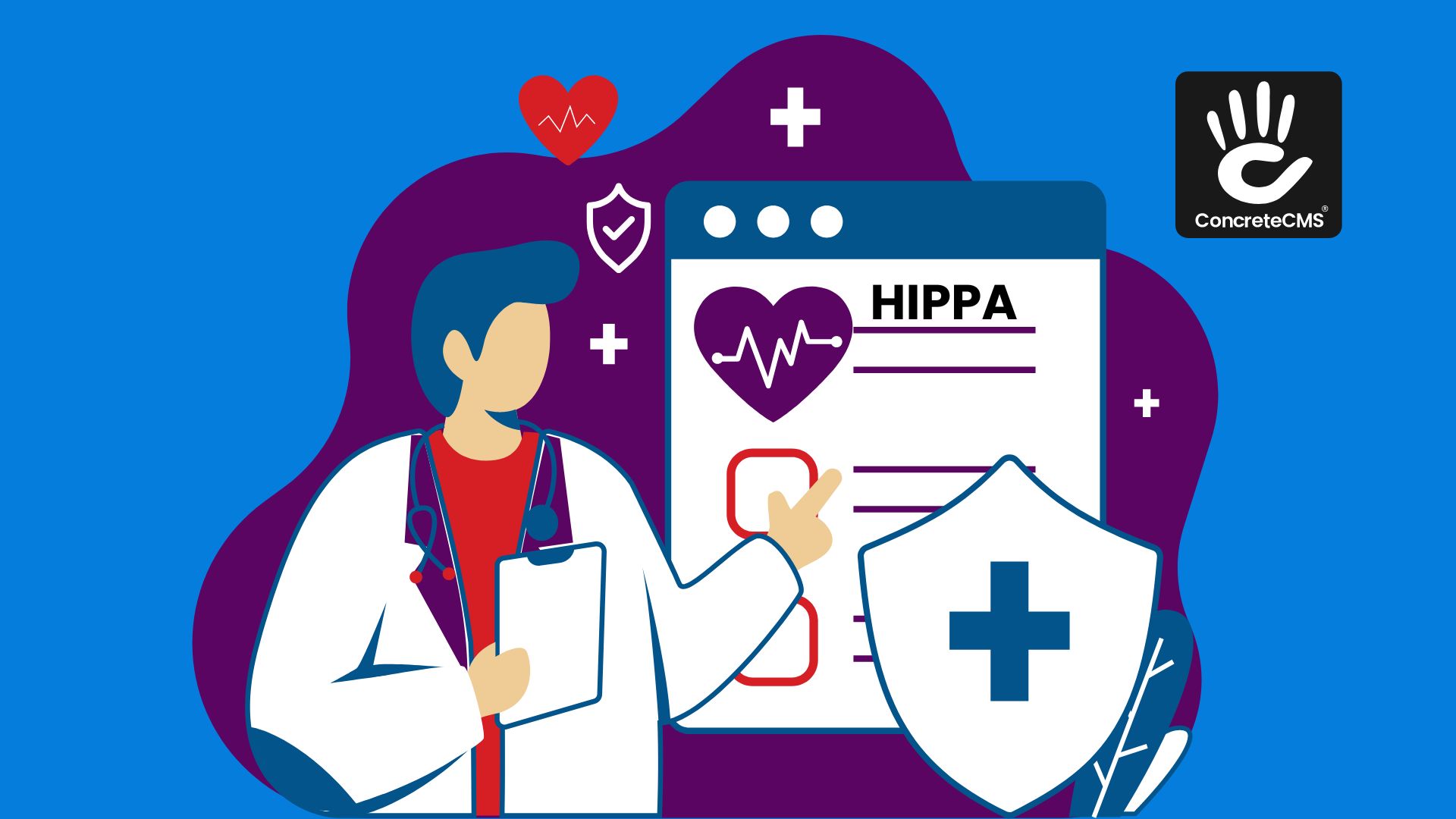Google Analytics is a powerful tool for tracking website performance and gaining insights into user behavior, but for healthcare and software providers bound by HIPAA regulations, it presents significant risks. At the core of the issue is Google’s refusal to offer a Business Associate Agreement (BAA), which is essential for any vendor handling Protected Health Information (PHI). Without a BAA, Google Analytics is not compliant with HIPAA, and using it could result in serious privacy violations.
Even though there are certain steps healthcare providers can take to reduce these risks, such as restricting usage to non-HIPAA-covered pages or enabling IP anonymization, these are ultimately workarounds, not foolproof solutions. Here’s why Google Analytics falls short and what you can do to minimize risks or find better alternatives.
You can review Google’s official stance on using Google Analytics with HIPAA here.
You can read on the HHS HIPPA analytics guide here.
No Business Associate Agreement (BAA)
HIPAA requires that any healthcare provider who works with a third-party vendor to handle PHI must sign a Business Associate Agreement (BAA). This agreement ensures that the vendor adheres to HIPAA’s strict privacy and security requirements. Since Google does not offer a BAA for Google Analytics, using the tool to track user activity on pages that may involve PHI can lead to non-compliance. Without a BAA, healthcare providers are unable to meet their legal obligations to safeguard PHI, which could result in hefty fines and reputational damage.
Potential PHI Collection
Google Analytics tracks a variety of user data, user behavior, and site interaction metrics. In the context of healthcare, this type of information could be classified as PHI if it’s linked to a patient’s identity or healthcare-related activity. For example, tracking a patient’s behavior on a login or appointment booking page could inadvertently expose sensitive data, violating HIPAA.
To avoid this, healthcare providers need to ensure that Google Analytics is only used on non-HIPAA-covered pages, such as general information pages, blog articles, or FAQs. These pages should not handle PHI or any patient-specific data, as doing so could result in unintentional data breaches. Read Googles guide on personally identifiable information (PII)
Restrict Google Analytics to Non-HIPAA-Covered Pages
Healthcare providers can minimize risks by using Google Analytics only on non-HIPAA-covered pages. These include:
- General information pages
- Health tips and educational content
- Healthcare Marketing and awareness campaign pages
These types of pages are less likely to involve PHI and are therefore safer to track using Google Analytics. However, authenticated pages—such as patient portals, appointment scheduling systems, or any page handling sensitive patient data—should not use Google Analytics. Failing to restrict tracking in these areas could lead to the unintentional collection of PHI and result in HIPAA violations
Google’s User Deletion API
In the event that sensitive data is accidentally collected, Google offers a User Deletion API, which allows healthcare organizations to request the deletion of user data from Google Analytics servers. While this tool can help correct mistakes, it’s not a proactive solution. Relying on post-collection data deletion is a risk—one that healthcare providers can avoid by configuring Google Analytics properly from the start.
While useful, the User Deletion API should only be viewed as a last-resort fix, rather than a strategy for ongoing HIPAA compliance.
Consider HIPAA-Compliant Alternatives: Matomo
For healthcare providers looking to ensure compliance and protect patient privacy, alternatives like Matomo offer a stronger solution. Matomo is an open-source analytics platform that provides full data ownership and self-hosting capabilities, making it a more secure option for organizations that handle sensitive healthcare data.
Some of the key features of Matomo that make it HIPAA-compliant include:
- Self-hosting: This gives organizations full control over where their data is stored, ensuring that PHI remains secure.
- IP Anonymization: Matomo, like Google Analytics, offers IP anonymization, but with additional privacy features to ensure data security.
- Data Ownership: Unlike Google Analytics, which stores data on Google’s servers, Matomo allows healthcare providers to retain complete ownership of the data collected, further securing it against unauthorized access.
- Cookie-less Tracking: Matomo’s cookie-less tracking feature reduces the risk of collecting PHI or PII, making it easier to remain compliant with HIPAA.
By switching to Matomo, healthcare providers can gather valuable insights from their website analytics while ensuring that patient data remains protected and HIPAA-compliant.
While Google Analytics is a powerful tool for tracking user behavior and gaining insights, it presents serious risks for HIPAA-regulated entities. Without a BAA and with the potential to collect PHI, it’s not suitable for tracking healthcare-related interactions. Though certain workarounds—such as using IP anonymization and restricting analytics to non-HIPAA-covered pages—can help mitigate the risks, these solutions are not foolproof.
Healthcare organizations looking to avoid the pitfalls of Google Analytics should consider switching to Matomo, a privacy-focused, HIPAA-compliant alternative that provides full control over data while maintaining robust tracking capabilities. By making the switch, healthcare providers can ensure they comply with HIPAA regulations while still benefiting from actionable analytics insights.
- For a deeper dive into healthcare-specific web design best practices, refer to Healthcare Website Design Best Practices and Strategies.
- For more insights into medical website design strategies that help improve user experience and privacy practices, check out Medical Website Design Strategies.
- For inspiration on how healthcare websites can be effectively designed using secure systems, explore the post on 5 Healthcare Websites Designed and Developed Using Concrete CMS.
